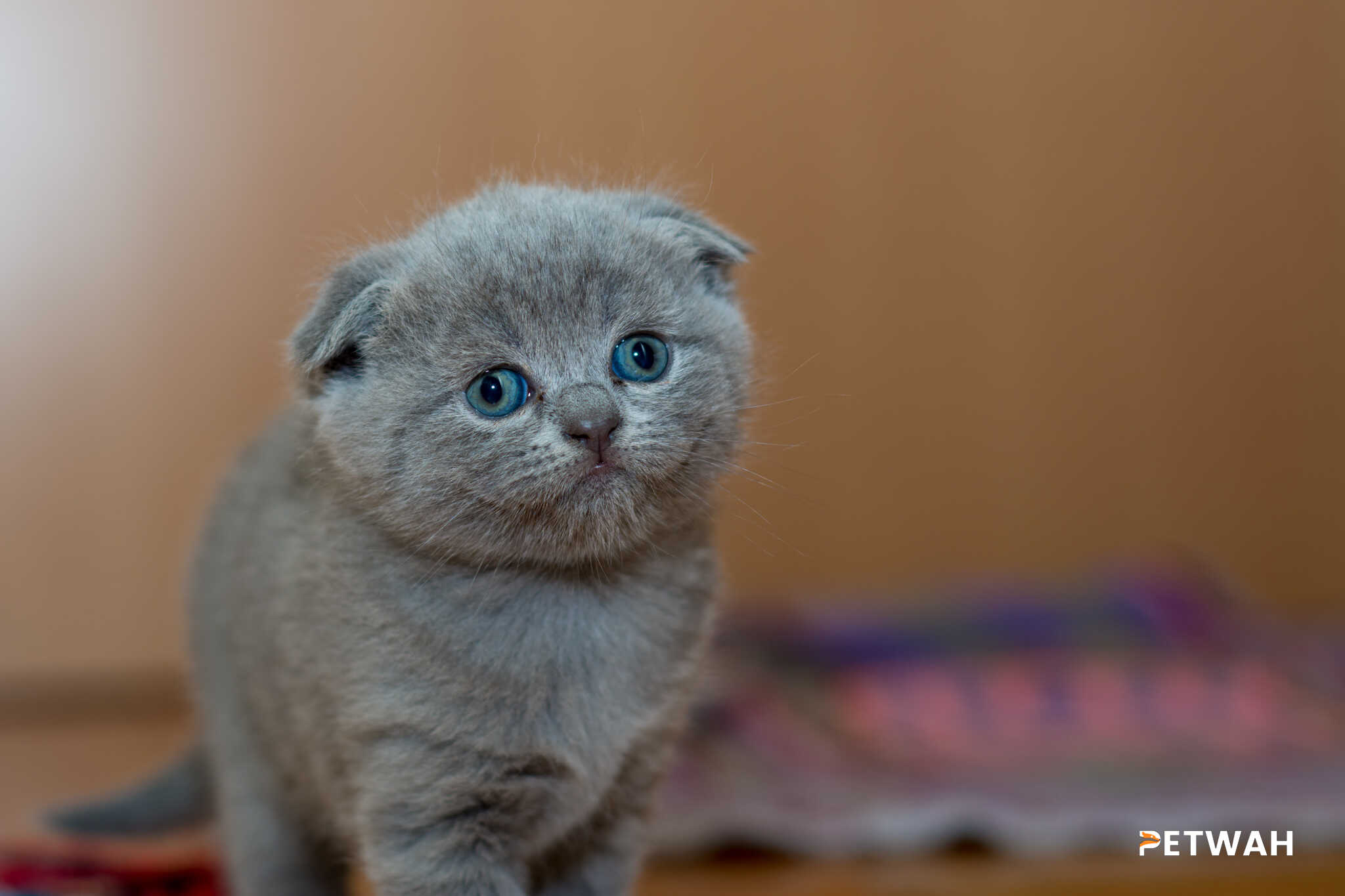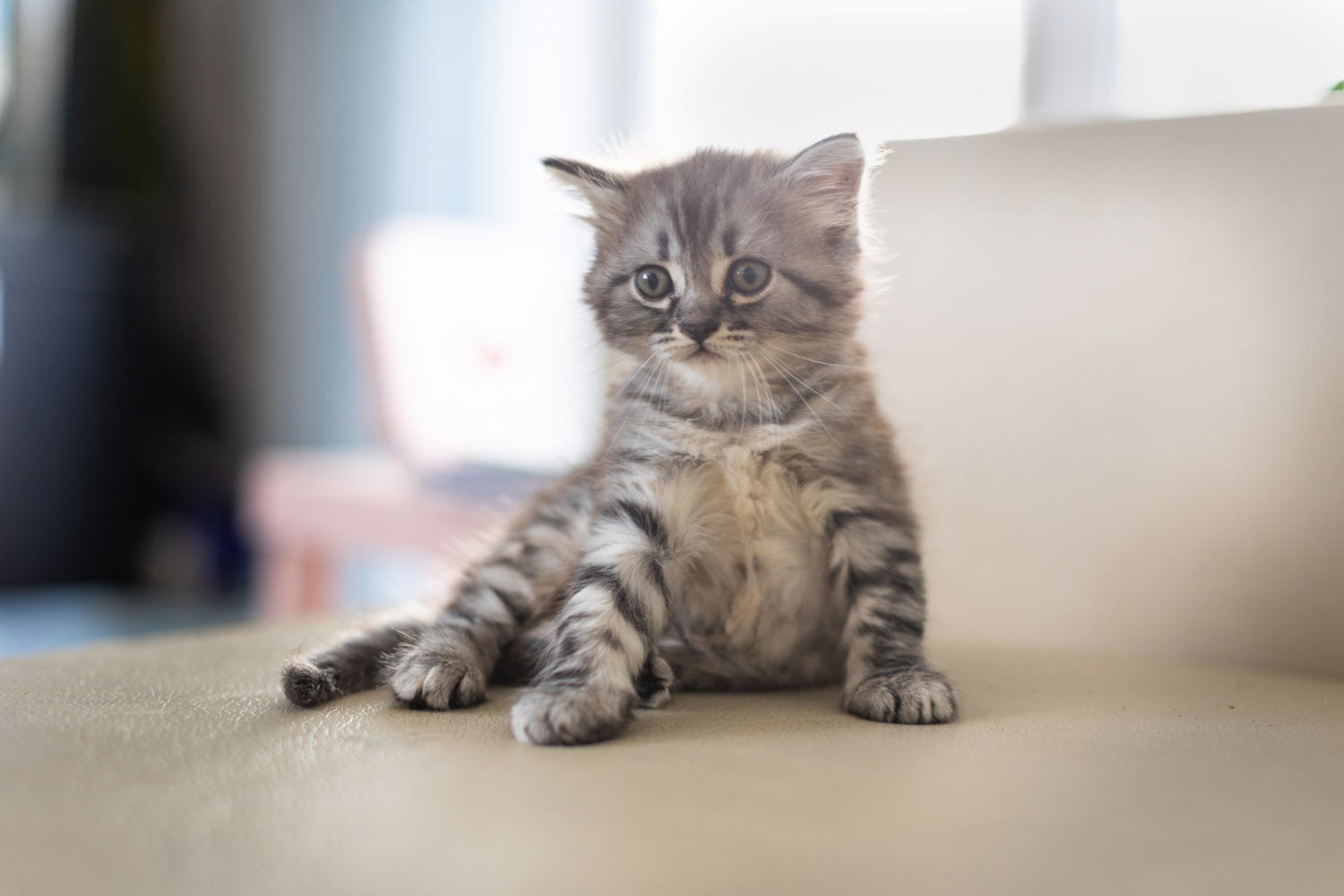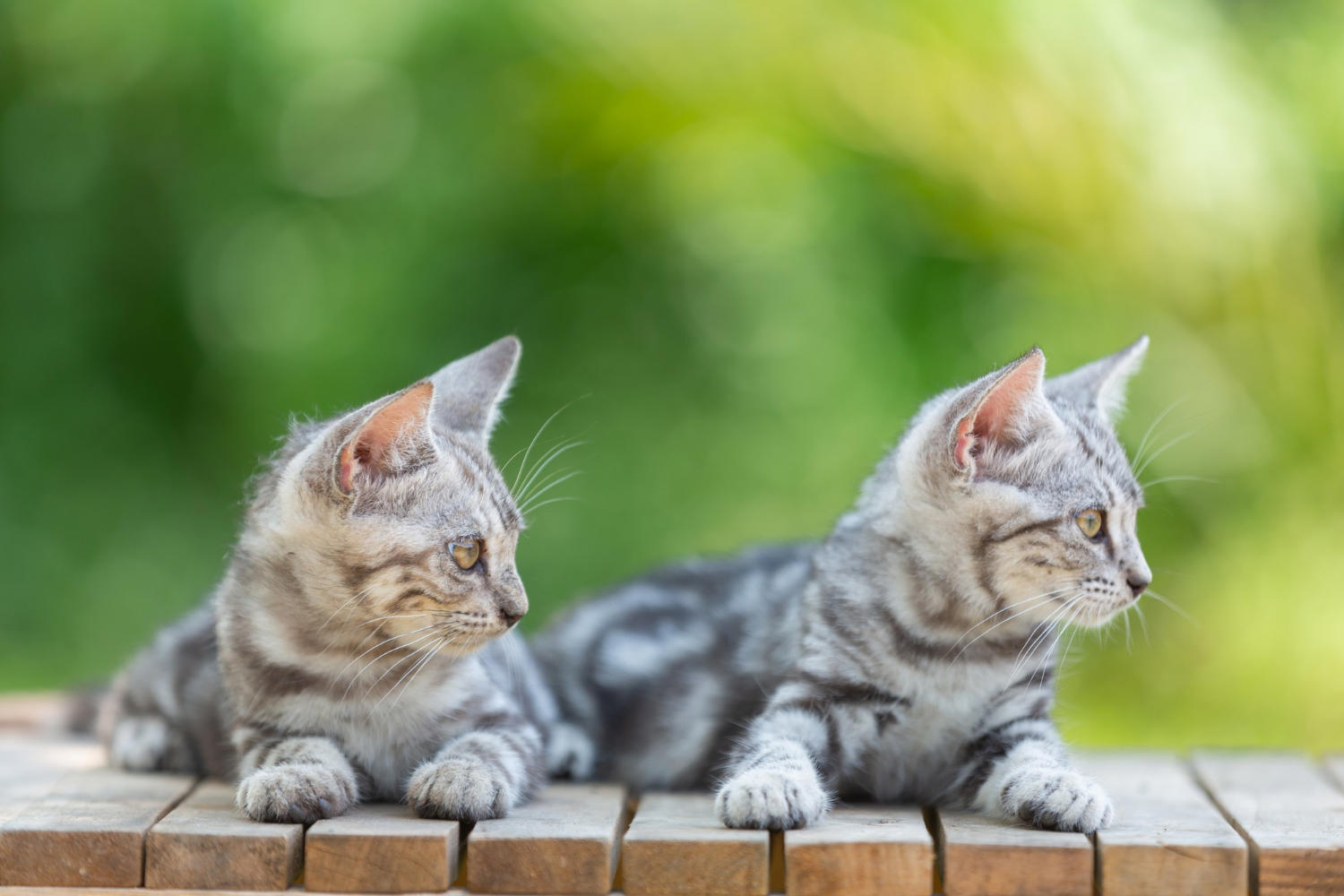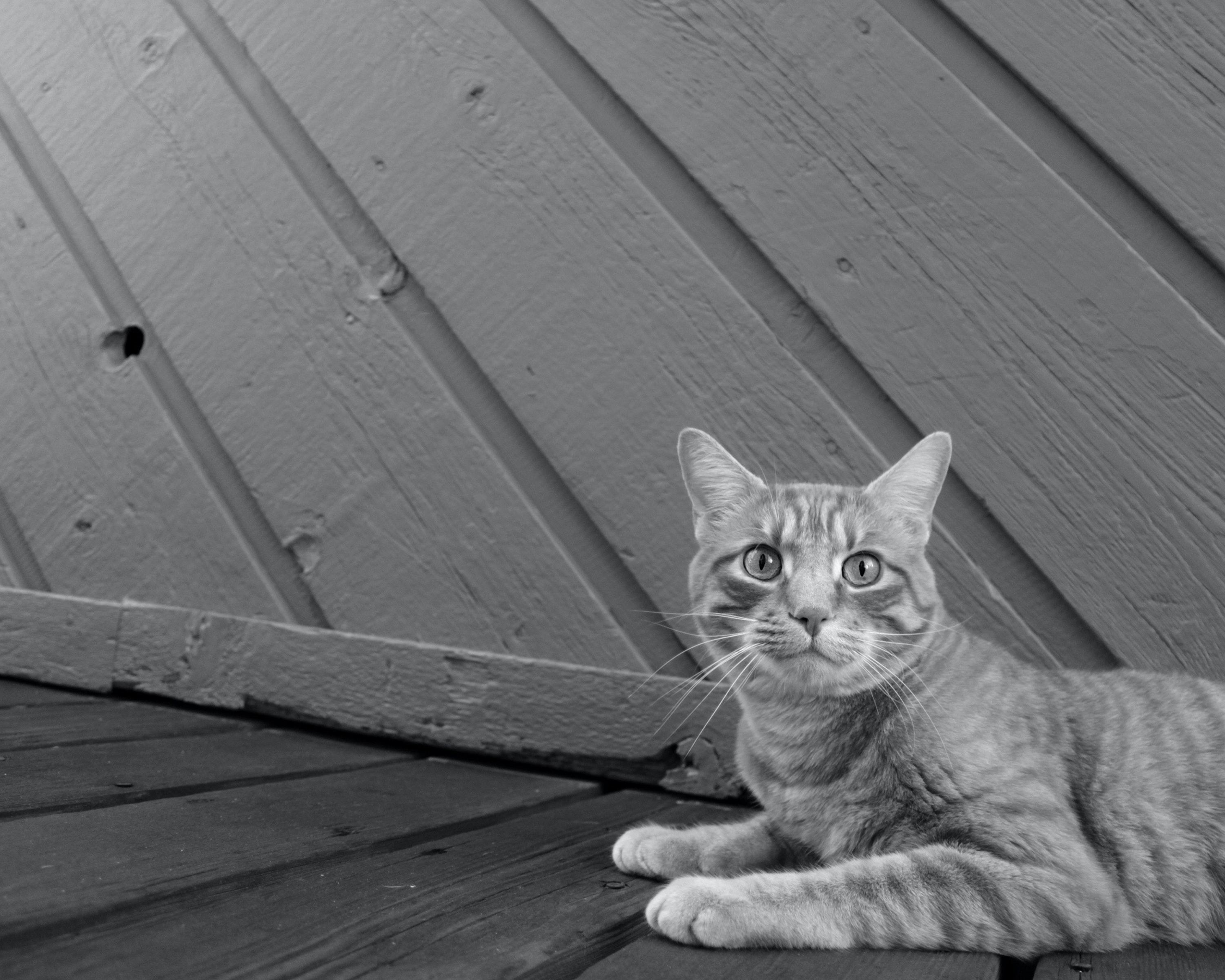When it comes to cats, many people wonder about different aspects of their lives including how long do cats stay pregnant. The average cat pregnancy length is typically around nine weeks, but can vary depending on the individual cat and when conception occurred. As a foster parent for an animal shelter or rescue group, you may often have cats that are pregnant for a shorter amount of time due to unknown conception dates. In this blog post, we will explore the typical cat pregnancy lengths as well as some factors that can affect it.
How long do cats stay Pregnant?
58-67 days
What signs will tell if a cat is pregnant?

Most cats will show few if any outward signs of pregnancy during the early stages. As the kittens grow and put more pressure on the cat’s organs, she may begin to eat more and gain weight. Her nipples will also enlarge and darken in color as they prepare to nurse. Towards the end of her pregnancy, your cat’s belly will become noticeably larger as she rounds out with milk production.
She may also start nesting by gathering soft bedding material in a safe, quiet spot. If you think your cat may be pregnant, it’s always best to consult with your veterinarian for confirmation and guidance on care.
While there is some variation among individual cats, most pregnant felines will go through relatively similar changes during their term. Here’s a brief overview of what you can expect during each stage of cat pregnancy.
During the first two weeks, it’s very difficult to tell if a cat is pregnant. She won’t show any physical signs, and she may not even know that she’s expecting. If you’ve recently adopted a new cat or are unsure of her history, it’s always best to assume she could be pregnant and take her to the vet for confirmation. The vet can also help you determine an estimated due date based on when your cat was likely conceived.
From weeks three to six, the kittens will start to develop and grow inside the mother’s womb. She may begin to gain weight and eat more during this time as her body adjusts to the pregnancy. Her nipples will also start to darken in color and enlarge as they prepare for nursing.
In the seventh and eighth weeks, the kittens continue to grow and put more pressure on the cat’s organs. She may become even more hungry and gain additional weight. The mother cat may also start to nest at this time, gathering soft bedding material in a safe spot to prepare for delivery.
By the ninth week, most cats are fully pregnant and ready to give birth. The kittens have grown to their full size and the mother’s belly is visibly larger. She will continue to eat more and produce milk as she prepares for labor. At this point, it’s important to make sure the mother has a quiet, comfortable place to deliver her kittens. She may also start crying or meowing more as she gets closer to labor.
If you think your cat may be pregnant, the best thing to do is consult with your veterinarian. They can help confirm the pregnancy and give you guidance on how to care for the mother-to-be. With proper care, most cats will have a healthy pregnancy and delivery without any problems.
Stages of cats Pregnancy

Proestrus stage
The first stage of pregnancy is called the proestrus stage. In this stage, the cat’s body is preparing for ovulation. The cat’s nipples will enlarge and there may be a slight discharge from the vulva. This stage lasts for about nine days.
Estrus stage
The second stage of pregnancy is called estrus. This is when the cat actually ovulates and becomes pregnant. The estrus stage lasts for about three to four days.
Diestrus stage
The third stage of pregnancy is called the diestrus stage. This is when the fertilized eggs implant in the uterus and begin to grow. The diestrus stage lasts for about 60 days.
Queen stage
The fourth and final stage of pregnancy is called the queen stage. During this stage, the kittens continue to grow and develop. The queen stage lasts for about three weeks.
Giving Birth
After this queen stage, the cat will give birth to her kittens. It is important to note that cats can have litters of anywhere from one to eight kittens, but most litters usually contain between four and six kittens. Congratulations! You are now a mother/father cat!
How to take care of a pregnant cat?
Pregnant cats have special needs and require extra care. During pregnancy, it’s important to provide your cat with a high-quality diet that is rich in nutrients. You should also make sure your cat has plenty of clean water to drink.
Your pregnant cat will also need a safe place to nest and give birth. A quiet room away from loud noises and other animals is ideal. You should also create a nesting area for your cat using a box or basket lined with soft bedding.
Finally, keep an eye on your pregnant cat’s health and contact your veterinarian if you have any concerns. Regular vet check-ups during pregnancy are essential to ensure the health of both the mother and her kittens. Congratulations on your upcoming feline addition! With a little preparation and care, you and your cat will be ready for the big day.
If you have any questions about how to take care of a pregnant cat, please contact your veterinarian. They will be able to provide you with more specific advice based on your cat’s individual needs.
Here are some tips on how to take care of a pregnant cat:
- Provide them with a high-quality diet that is rich in nutrients.
- Ensure they have access to clean water at all times.
- Create a safe and quiet nesting area for them to give birth in.
- Monitor their health closely and contact your veterinarian with any concerns.
How can you tell if my cat is pregnant?

If you think your cat may be pregnant, pay close attention to her behavior and appearance. She may seem restless, particularly at night, and start looking for places to nest. She may also gain weight and her nipples might enlarge and darken. You should take your cat to the vet to confirm the pregnancy and get started on prenatal care.
Cats pregnant with multiple kittens often show earlier signs of pregnancy than those carrying just one or two offspring. So if your cat is showing any of these symptoms and she’s been around other cats, it’s a good idea to assume she’s pregnant and get her to the vet right away.
How do I know if my cat is about to give birth?
The end of your cat’s pregnancy is marked by several physical changes. She will stop eating about 12 hours before labor begins and may appear restless. Her temperature will drop from 101 to 99 degrees about 24 hours before delivery. At this time, you should confine her to a quiet room where she will feel safe and secure.
How many kittens does a cat give birth to for the first time?
The average litter size for a first-time cat mother is three to five kittens. However, litters of up to nine kittens are not unusual. If you have a pregnant cat in your care, it’s best to be prepared for anything!
How many kittens can a cat have?
The number of kittens a cat has depends on many factors, including the age and health of the mother. The average litter size for cats is three to five kittens, but some litters can be as large as 12.
What care do pregnant cats need?
Pregnant cats should have regular check-ups with a veterinarian to ensure they are healthy and their pregnancy is progressing smoothly. They will also need a balanced diet to support their growing kittens.
When it’s time for the kittens to be born, your cat will need a clean, quiet place to deliver them. She will also need help with caring for her kittens if they are born early or have health problems.
If you are unsure about how to care for a pregnant cat or kitten, contact your local animal shelter or rescue group for advice. They can provide you with resources and support to ensure that both the mother and her kittens stay healthy and happy. Thanks for reading!








